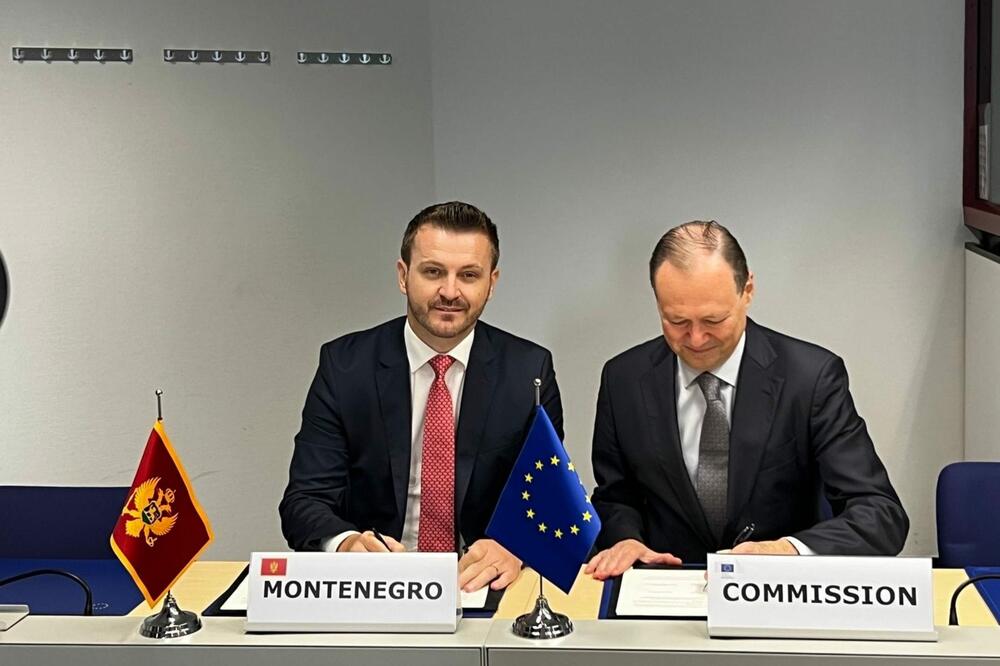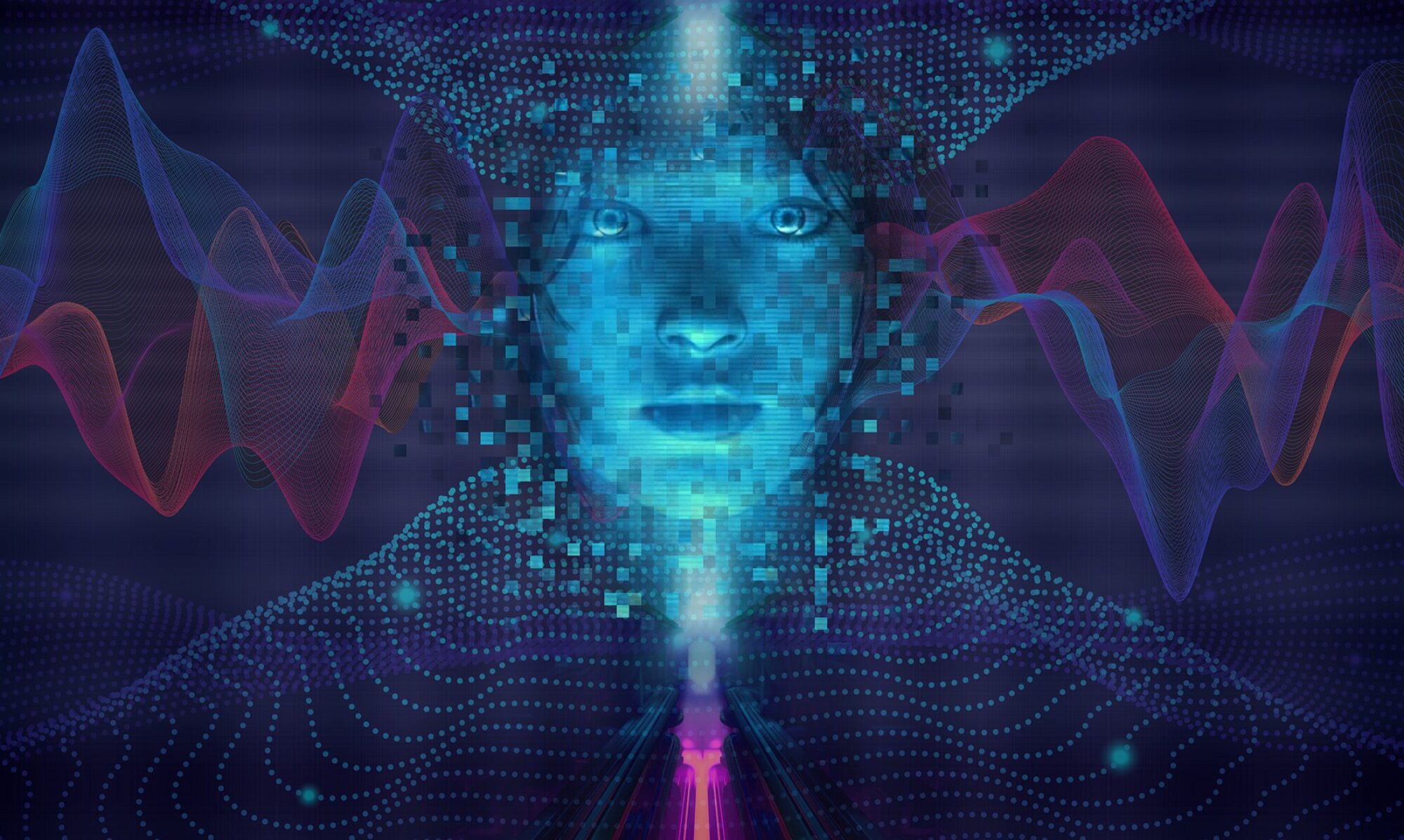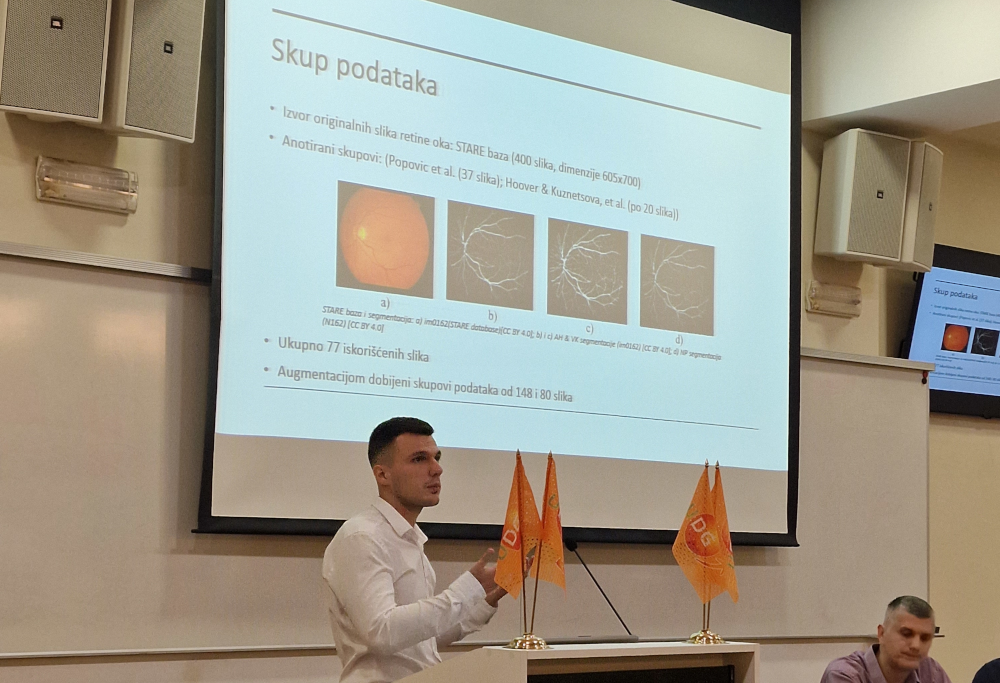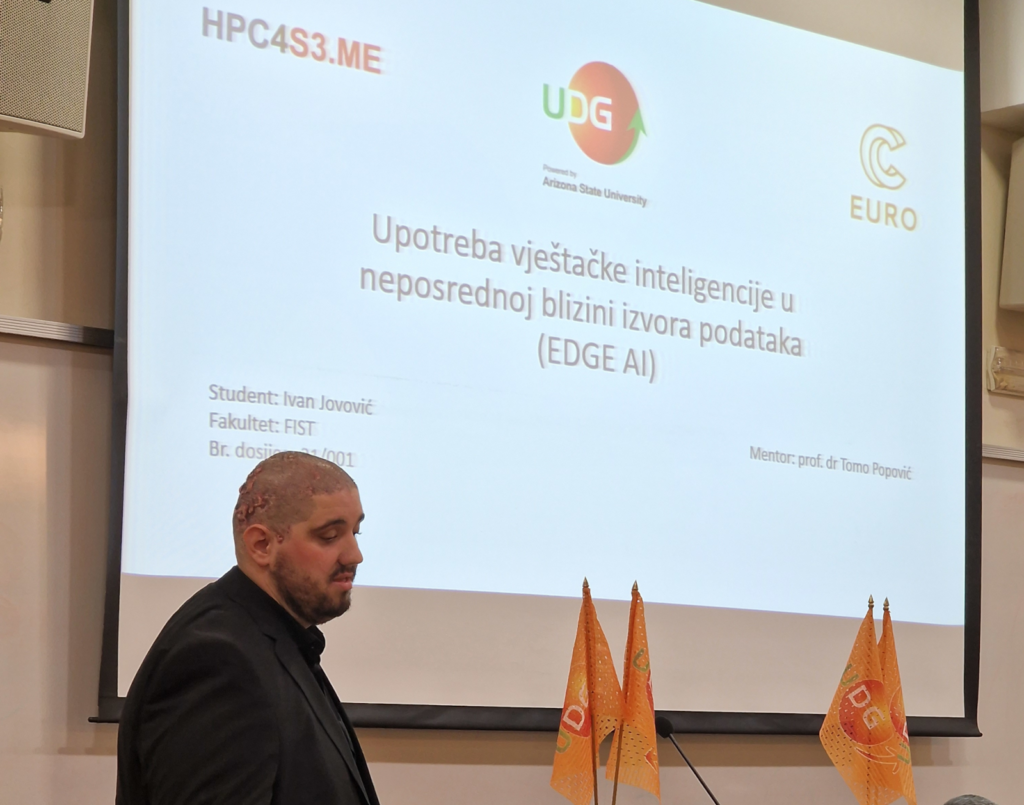Today, the Commission signed association agreements for the Digital Europe Programme with Montenegro, North Macedonia, Albania and Serbia, on the margins of the Regulatory Dialogue with the Western Balkans. Following the signatures, and upon the completion of the related ratification processes, the association agreements will enter into force. Businesses, public administrations and other eligible organisations in these neighbouring countries will be able to access the calls of the Digital Europe Programme, which has an overall budget of €7.5 billion in the 2021-2027 period.

In particular, participants from these four countries will be able to take part in projects that deploy digital technologies across the EU in specific areas such as artificial intelligence, and advanced digital skills. They will also be able to set up Digital Innovation Hubs in their own regions. This will bring them closer to the EU economy and society, benefit their technology capabilities and support digitalisation overall, notably of small and medium-sized businesses. (Source: European Commission – link)




